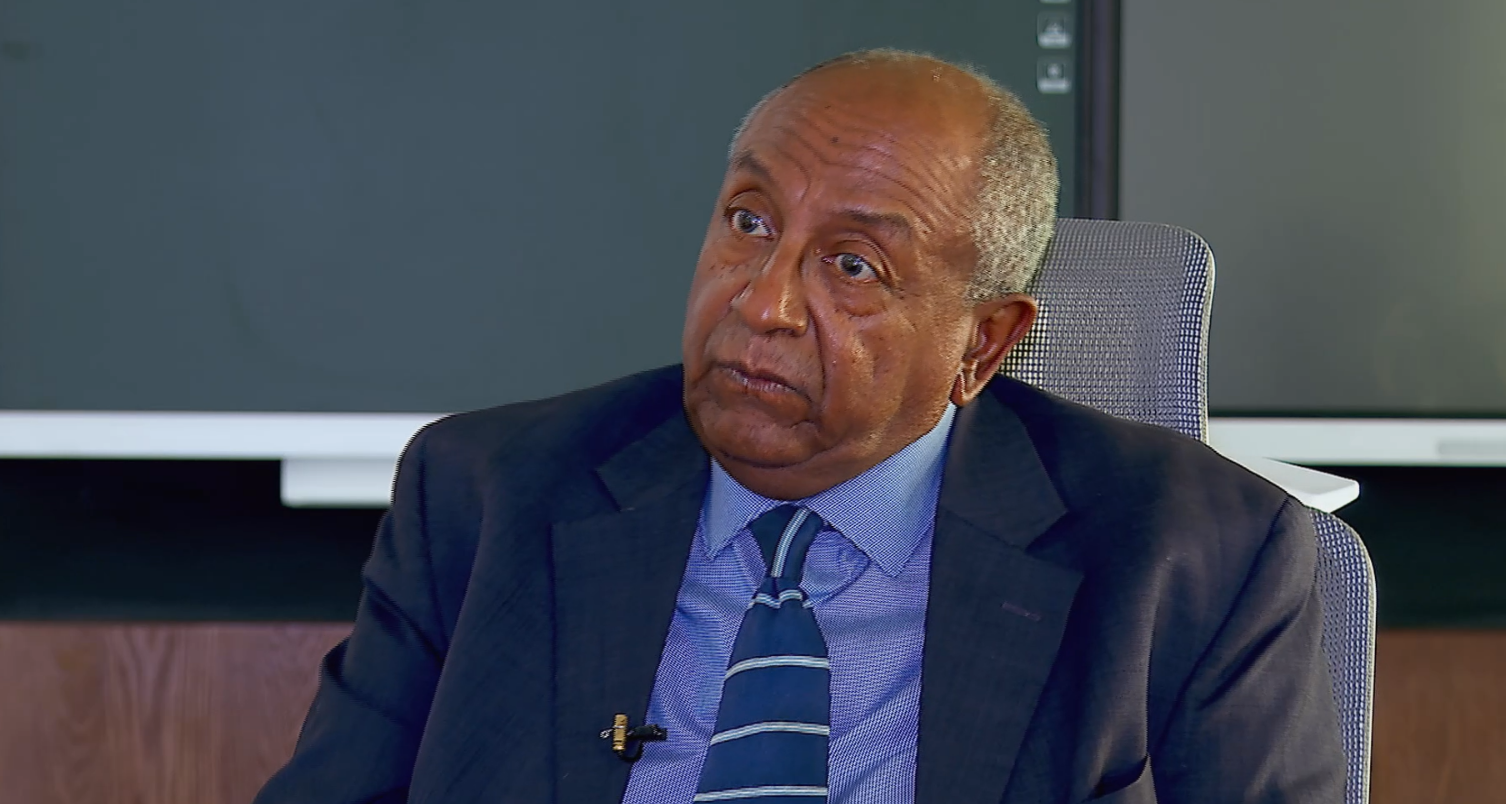Ethiopia's Access to Red Sea Imperative to Economic Interest, Survival: Professor Brook - ENA English
Ethiopia's Access to Red Sea Imperative to Economic Interest, Survival: Professor Brook

Addis Ababa, October 30, 2025 (ENA) – Ethiopia’s return to the Red Sea is imperative for safeguarding its economic interests and ensuring its national survival, Professor Brook Hailu Beshah said.
The professor’s remarks follow the recent emphasis made by Prime Minister Abiy Ahmed on the centrality of the Red Sea issue to Ethiopia’s future.
In his response to questions from members of the House of People's Representatives during the second regular session of the fifth parliamentary year, the PM underscored that the matter transcends mere politics, constituting a vital legal, historical, geographical, and economic question for the nation.
Professor Brook Hailu Beshah, a lecturer at various universities in Ethiopia and the United States, elaborated to ENA that the manner in which Ethiopia was landlocked lacks any firm legal foundation.
He highlighted that Ethiopia possesses the largest population among the world's 44 landlocked countries, making access to the sea a critical necessity.
The professor elaborated that Ethiopia is not a newcomer to the Red Sea region, Ethiopian ships navigated from Persia to the Bab el-Mandeb Strait and even to India.
He noted that during its era as a Red Sea power, Ethiopia maintained robust trade relations with the Roman and Greek empires. For these reasons, regaining access to the Red Sea is a crucial requirement for preserving Ethiopia's economic benefit and national existence.
Citing Ethiopia's foreign policy —which is firmly rooted in cooperation, Professor Brook emphasized that the nation’s return to the Red Sea will yield multidimensional benefits for the entire region.
He pointed out that 16 of the world's landlocked countries are located in Africa, further noting that Ethiopia possessed a coastline stretching over 2,000 kilometers just 34 years ago, .
Drawing parallels, he mentioned that other landlocked African nations like Zimbabwe and Malawi utilize the seaport of Mozambique.
Therefore, Professor Brook argued that Ethiopia's current peaceful and legal demand for sea access should be considered with goodwill by its neighboring states.
According to him, there is a clear legal framework that allows Ethiopia to pursue its right to the sea, including taking the matter to the International Court of Justice, if necessary, to protect its sovereignty and survival.
Professor Brook concluded by stating that no entity has the right to prevent Ethiopia from using a seaport.
He also stressed that a country possessing a seaport has a corresponding obligation to cooperate with its landlocked neighbors.
Ethiopia's peaceful approach has led powerful countries, among others, to acknowledge the genuine need for sea access, the professor said, adding that this recognition of Ethiopia's rightful claim, which is starting to be acknowledged by countries from Europe to the Gulf region, is a clear result of successful diplomatic efforts.